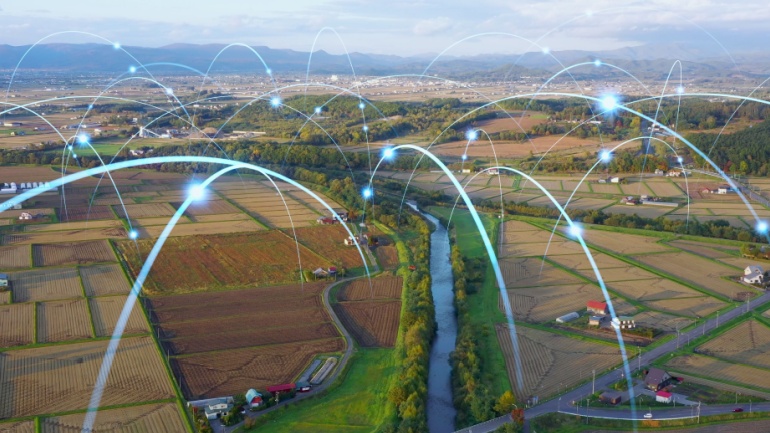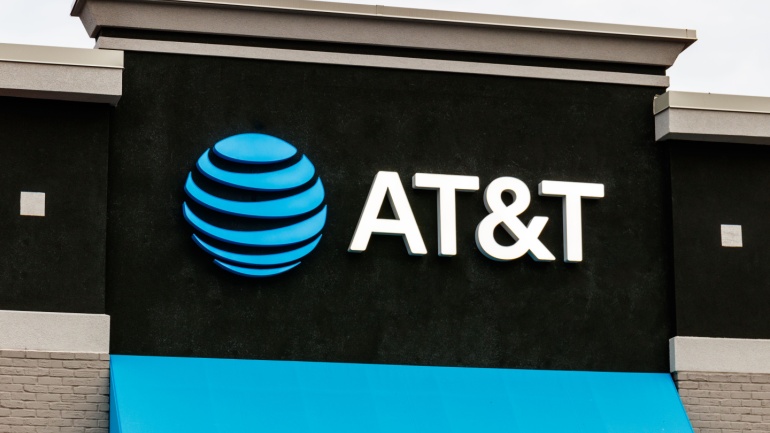A recent report from Verizon Business has highlighted a significant surge in cyberattacks driven by the exploitation of vulnerabilities, accounting for 14% of all breaches in 2023. The report, titled the Data Breach Investigations Report (DBIR), analyzed a record-high 30,458 security incidents and 10,626 confirmed breaches last year, marking a two-fold increase compared to 2022.
Luxembourg-based satellite operator SES has revealed plans to purchase rival Intelsat in a landmark deal worth €2.8 billion. The move, unanimously approved by the boards of both companies, is set to create a formidable multi-orbit operator poised for expanded global coverage and innovation.
The Federal Communications Commission (FCC) has issued fines totaling $196 million to major US telecommunications operators for unlawfully sharing customers’ location data. This action comes more than five years after the violation was initially exposed.
In a bid to fortify its position in the Australian regional mobile market, TPG Telecom has inked a monumental 11-year network sharing deal with Optus. Valued at a hefty A$1.59 billion ($1.04 billion), the agreement is set to significantly expand TPG’s geographic coverage, doubling it to 1 million square kilometers and enabling access to 98.4% of the population.
Epsilon Telecommunications (Epsilon), a global interconnectivity provider, has been chosen by Moratelindo, one of the largest telecommunications infrastructure and network providers in Indonesia, to connect customers to a global ecosystem of Internet Exchanges (IXs) via Remote Peering. This partnership enables Moratelindo’s enterprise customers, carriers and service providers to extend their network reach and improve content and application performance in the U.S., Europe, Hong Kong, Japan and rest of the world.
Intelsat, a leading satellite connectivity firm, has joined forces with farming equipment manufacturer CNH to introduce connected tractors and other agricultural machinery to Brazil, enabling precision farming in remote regions. The initiative involves installing ruggedized multi-orbit satellite terminals on CNH farm equipment across Brazil. These terminals will leverage Intelsat’s global network to establish connectivity, facilitating the real-time streaming of data between farm equipment and cloud services.
CSPs have been investing heavily in network technology to reduce expenses, but legacy voice infrastructure is holding them back. Cloud transformation can deliver better customer experiences, reduce costs, and increase scalability. AI will change customer engagement and revenue generation, with GenAI offering SMBs deep analytics from customer conversations. CSPs should focus on a modern, digital-first customer experience with self-service options. Alianza offers a cloud communications platform to simplify migration and operations for CSPs.
The move towards net neutrality took a noteworthy leap after a unanimous vote at the FCC session. This progressive policy asserts an equal playing field for all web content by banning ISPs from blocking or charging premiums for site delivery.
AT&T showcased robust performance in its first-quarter financial report, buoyed by significant mobile customer additions and positive metrics in earnings, cash flow, and spending. Despite a slight decline in headline figures, the telecommunications giant demonstrated resilience amid challenging market conditions.
Telecommunications operators are increasingly turning to satellite technology to expand 5G coverage, particularly in rural regions, as indicated by new data from the Global mobile Suppliers Association (GSA). However, despite a rising number of partnerships and commercial launches, the market’s growth is slower than anticipated.













